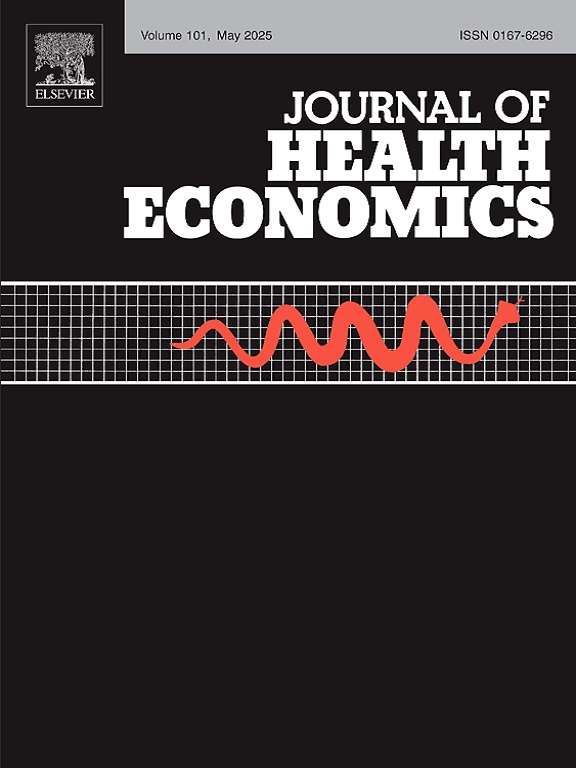 Margherita Comola published her paper “Heterogeneous peer effects and gender-based interventions for teenage obesity,” co-authored with R. Dieye and B. Fortin, in Journal of Health Economics (online first).
Margherita Comola published her paper “Heterogeneous peer effects and gender-based interventions for teenage obesity,” co-authored with R. Dieye and B. Fortin, in Journal of Health Economics (online first).
Abstract: This paper explores the role of gender heterogeneity in the social diffusion of obesity among adolescents and its policy implications. We propose a social interaction model which allows for gender-dependent heterogeneity in peer effects. Our empirical approach is consistent with the best response functions of a non-cooperative model where social interactions stem from the channel of pure spillover or pure conformity. We estimate the model using data on adolescent Body Mass Index and network-based interactions. Our approach allows us to account for network endogeneity. Our results show that peer effects are gender-dependent, and male students are particularly responsive to the weight of their female friends. According to simulations, reaching out to women results in an 8% increase in effectiveness in reducing overall BMI, based on the most conservative scenario. Thus, female-tailored interventions are likely to be more effective than a gender-neutral approach to fighting obesity in schools.
